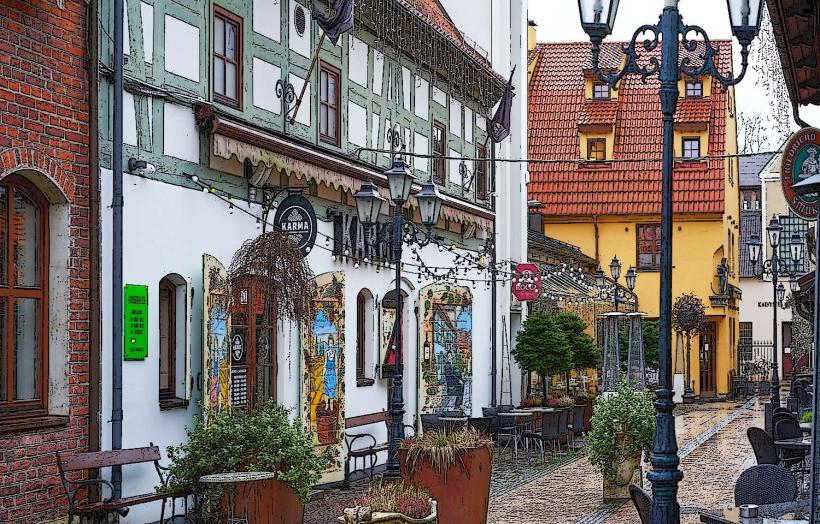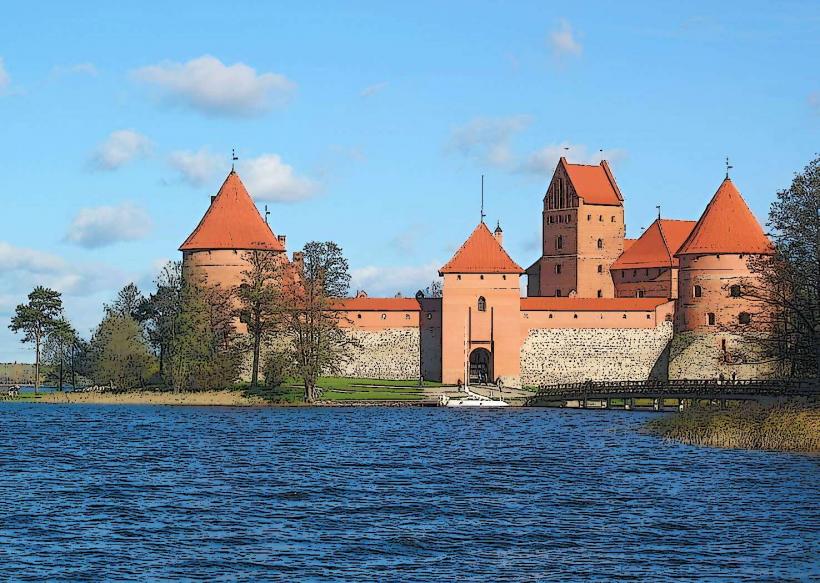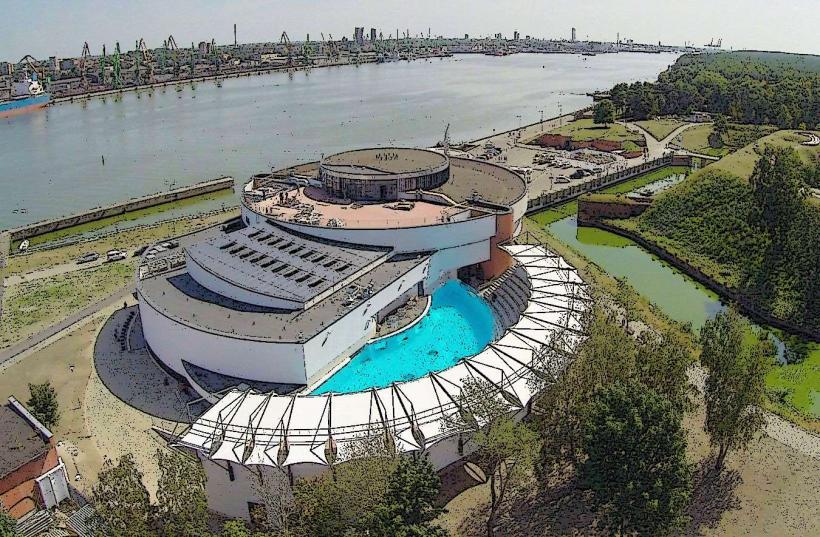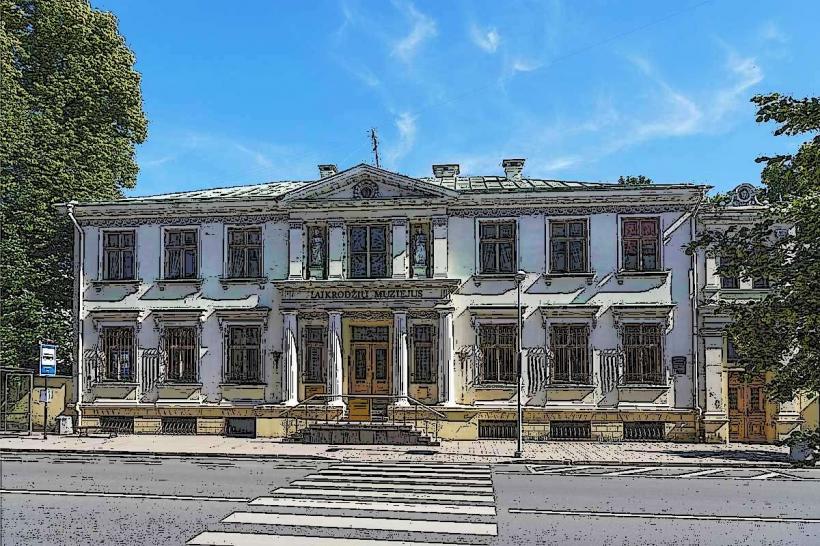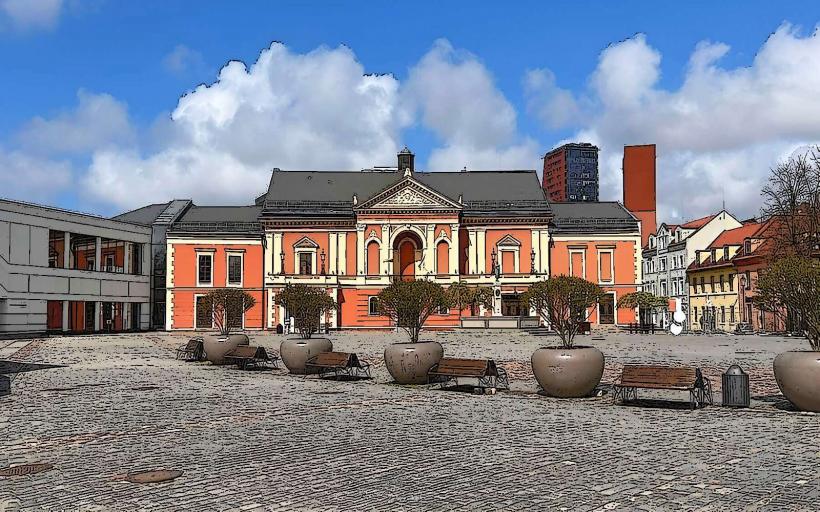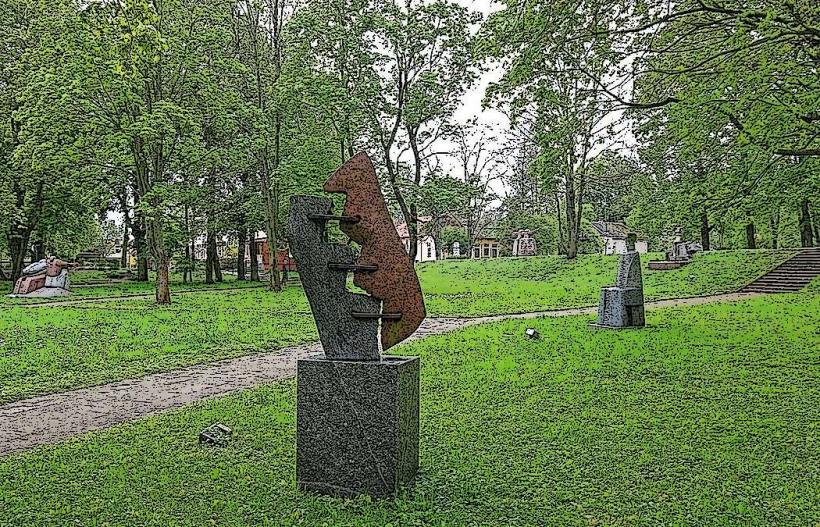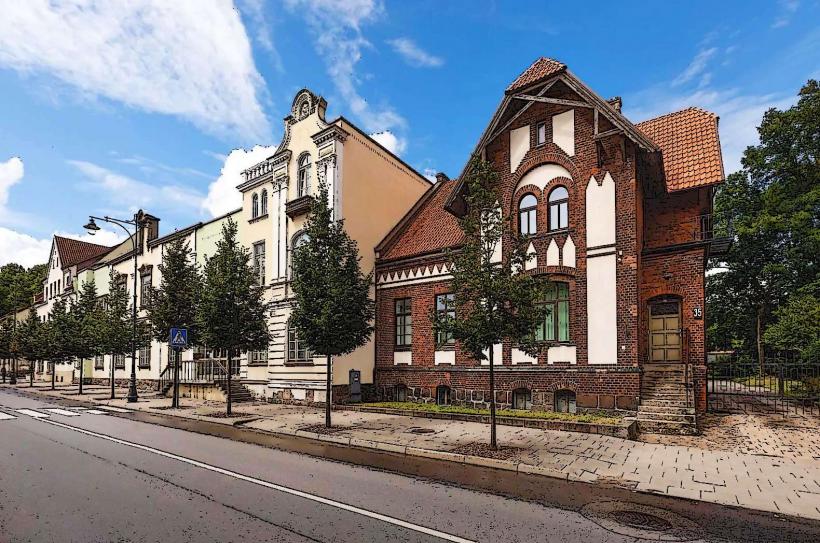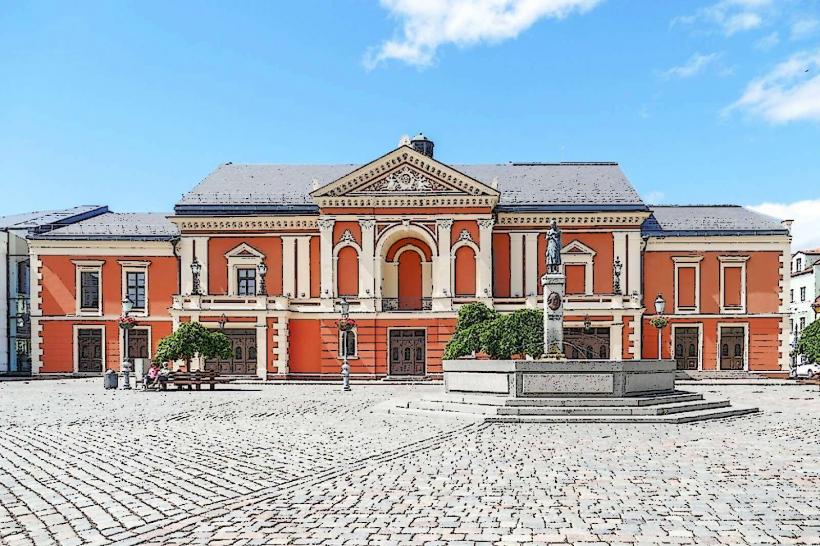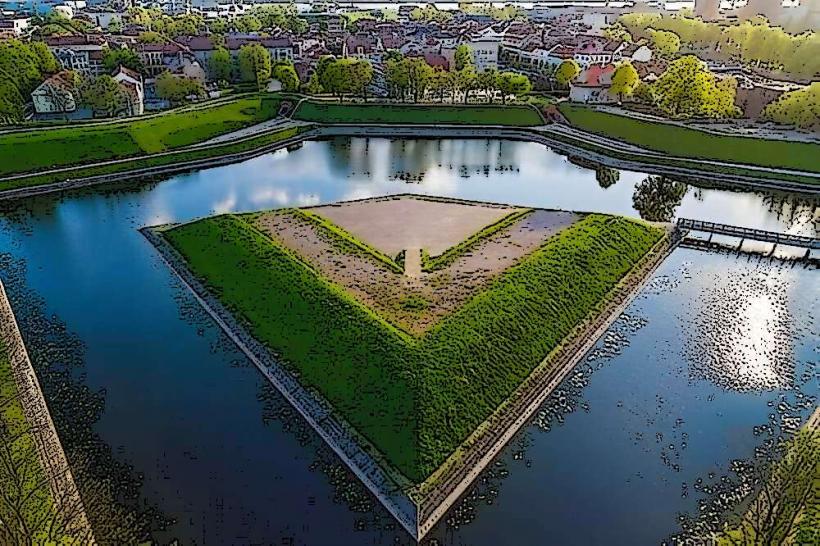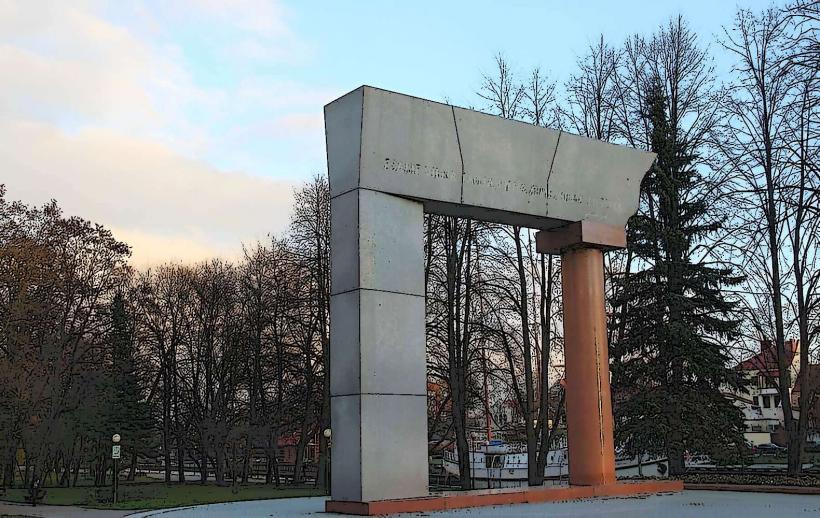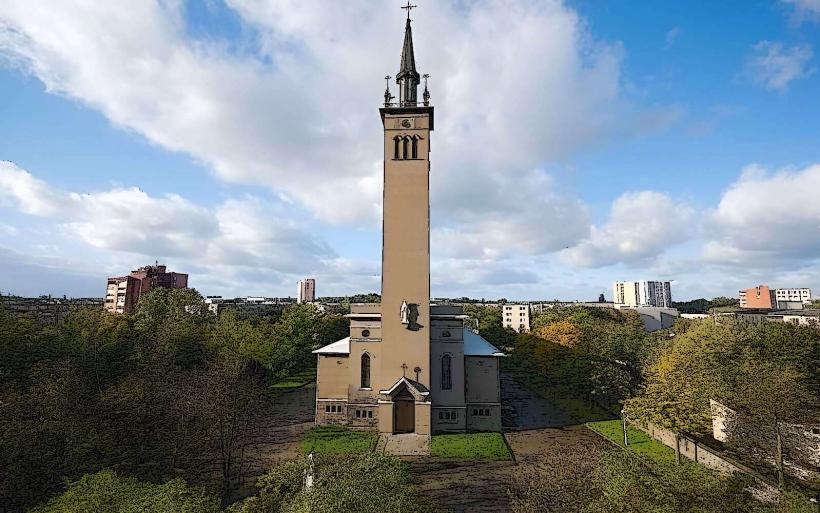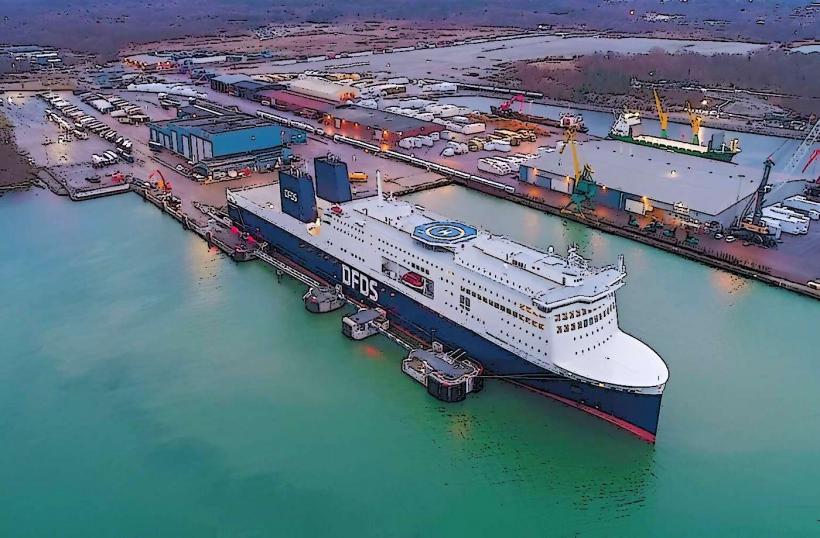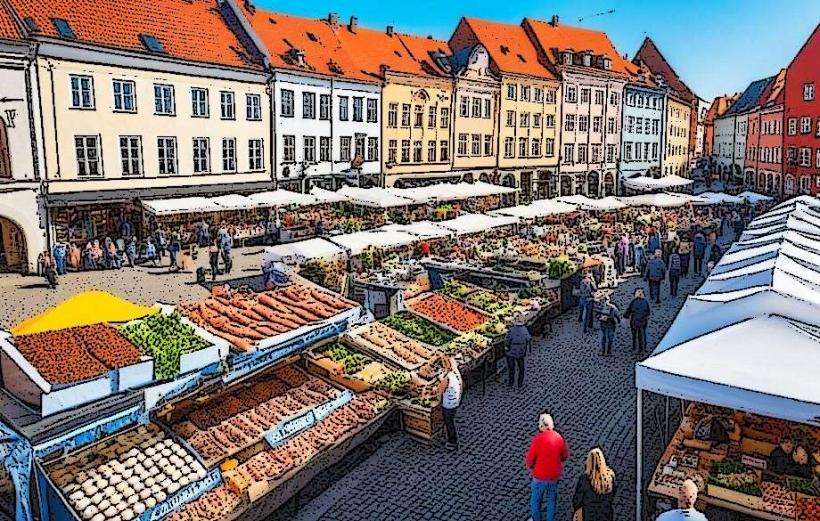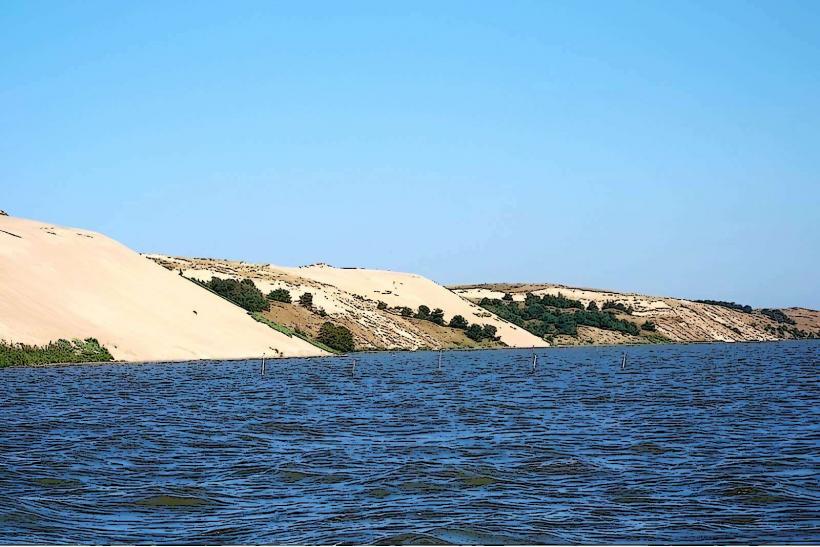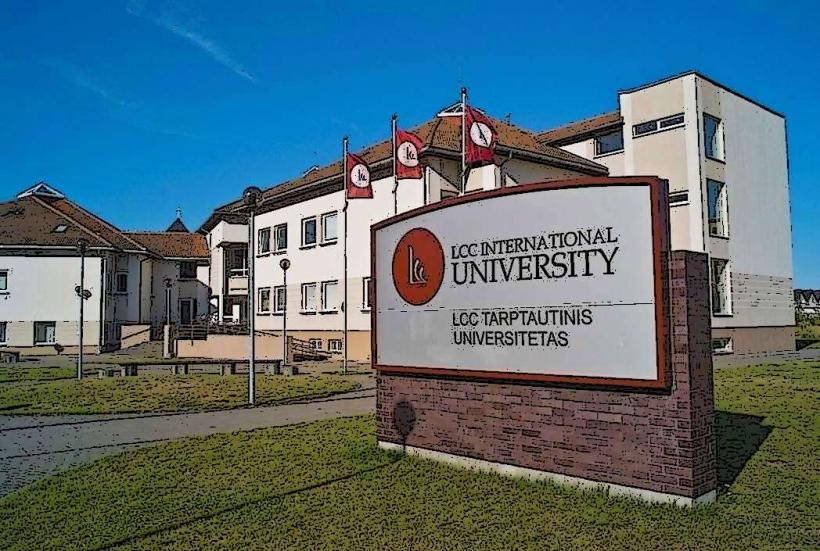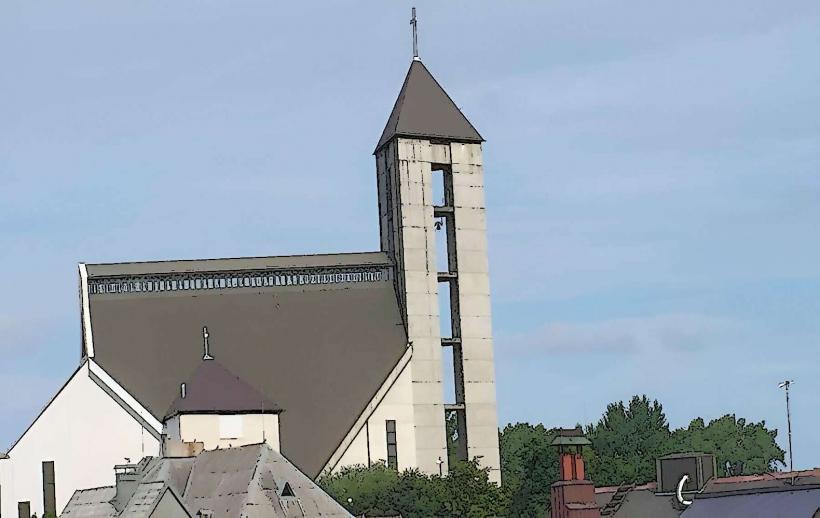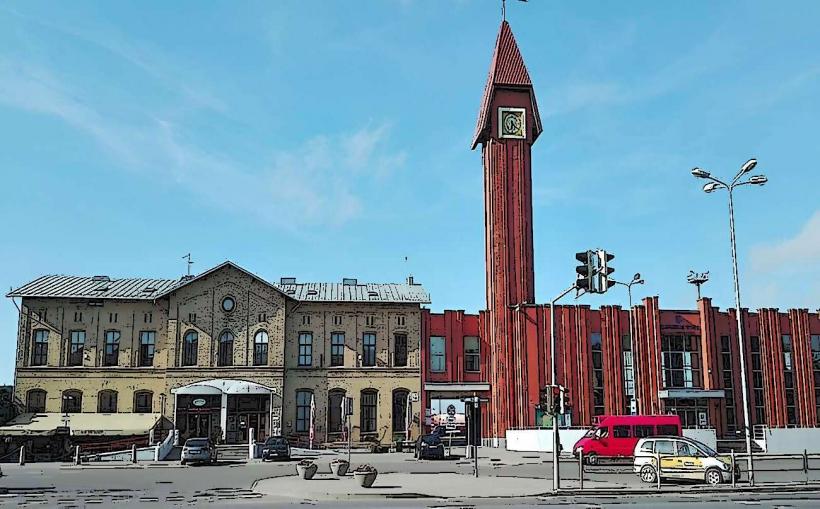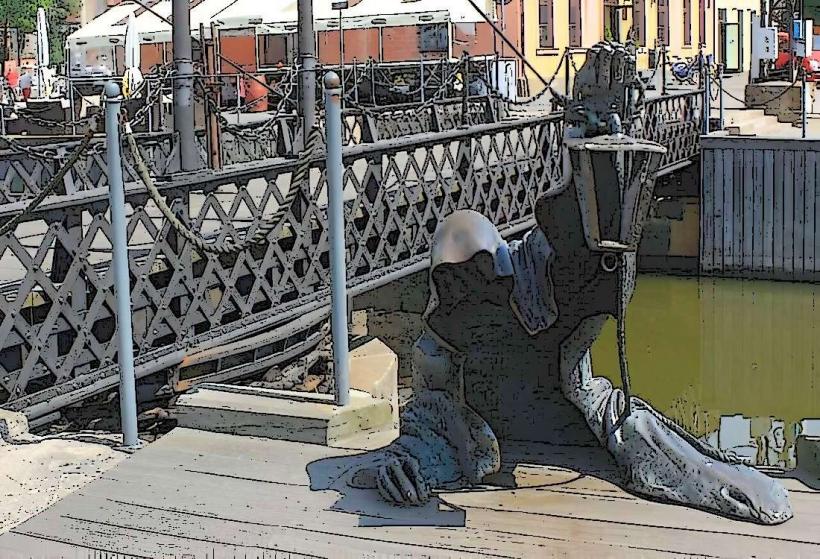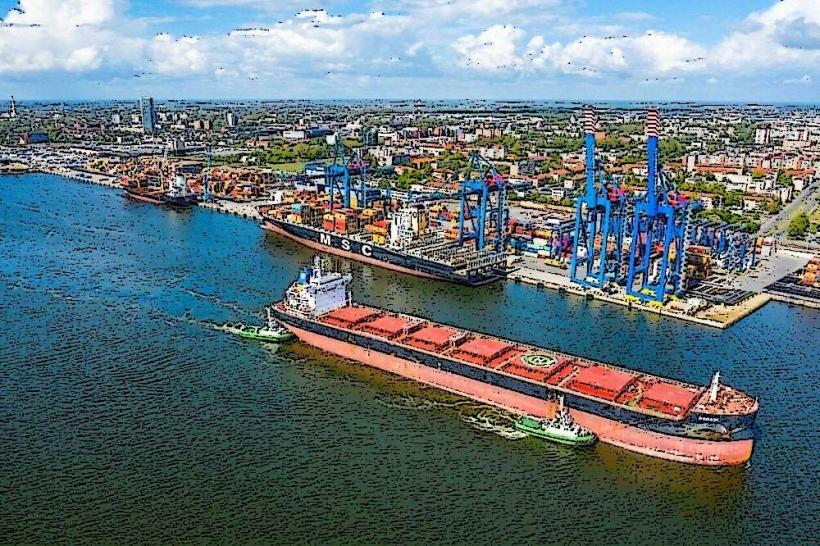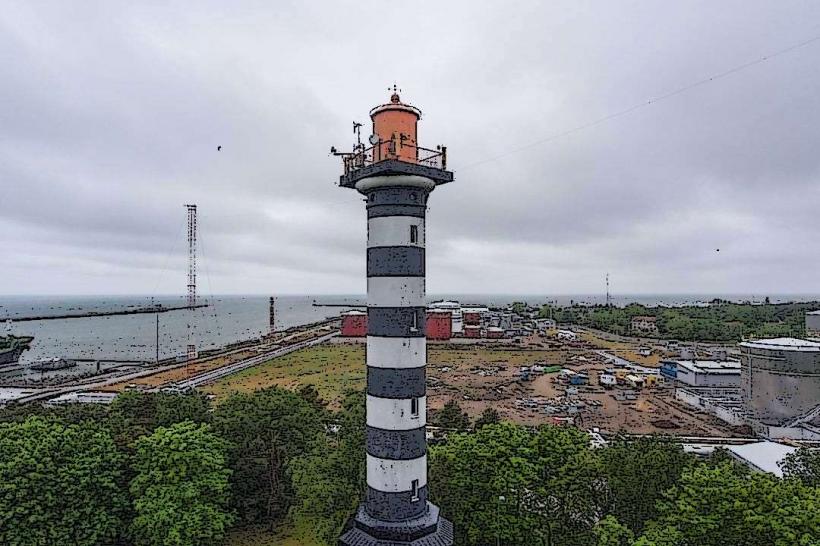Information
Landmark: Memorial of SovietsCity: Klaipeda
Country: Lithuania
Continent: Europe
Memorial of Soviets, Klaipeda, Lithuania, Europe
The Memorial of Soviets (also known as the Soviet Memorial) in Klaipėda, Lithuania, is a historical monument that commemorates the Soviet soldiers who died during the Second World War and those who contributed to the Soviet occupation of the region after the war. It serves as a reminder of the complex and often painful period of Soviet rule in the Baltics, which lasted from the end of World War II until 1990.
Overview:
Location: The Memorial of Soviets is situated in Klaipėda, Lithuania’s port city, within a public space or cemetery where the remains of Soviet soldiers are buried. It stands as a symbol of the Soviet presence in the region, which was part of the broader Soviet occupation of the Baltic States.
Purpose: The memorial was initially erected to honor Soviet soldiers who died during the liberation of Klaipėda from Nazi forces in 1945. Over time, it became a point of contention due to its association with the Soviet occupation and the political history of the region.
Historical Context:
Soviet Occupation of Lithuania: After the end of World War II in 1945, Lithuania was incorporated into the Soviet Union as one of its republics. The Soviet occupation led to significant social, cultural, and political changes, as well as repression, deportations, and loss of independence. The Soviet Memorial in Klaipėda was constructed during this time to commemorate the soldiers who fought in the war, but its legacy remains controversial for many Lithuanians due to its ties to the Soviet regime.
Construction: The memorial was constructed in the late 1940s or early 1950s by the Soviets as part of a broader effort to celebrate the Soviet victory over Nazi Germany and to reinforce Soviet ideology in occupied territories. It became an important site for Soviet propaganda and state-led remembrance, marking the end of the war and the beginning of Soviet control.
Features and Design:
Monumental Structure: The Memorial of Soviets typically consists of large, symbolic statues or sculptures of Soviet soldiers, often depicted in heroic poses or as part of a victory narrative. These memorials were intended to reinforce the image of Soviet power and heroism, with visual elements celebrating the Soviet military victory over Nazi forces.
Cemetery for Fallen Soldiers: The memorial often features a cemetery or burial site where the remains of Soviet soldiers who died in combat or in the region are interred. The area is usually landscaped with the solemn presence of military markers, crosses, or plaques commemorating those who fought.
Soviet Symbolism: The design and symbolism used in the memorial often reflects typical Soviet monumentalism, with strong, imposing figures and elements that convey the power and might of the Soviet regime. The imagery and inscriptions are closely tied to the Soviet ideology of victory and heroism.
Controversy and Political Significance:
Post-Independence Reactions: After Lithuania regained its independence from the Soviet Union in 1990, many of the Soviet-era monuments in the country, including those in Klaipėda, became sources of controversy. While some saw the Soviet Memorial as a symbol of the sacrifices made by soldiers, others viewed it as a symbol of oppression and foreign occupation.
Symbol of Soviet Legacy: For many Lithuanians, the Memorial of Soviets represents a painful chapter in the country's history under Soviet rule. The Soviet occupation involved mass deportations, political repression, and attempts to erase Lithuanian national identity. As such, the memorial is viewed by some as a reminder of the totalitarian regime rather than a simple commemoration of the dead.
Calls for Removal: After Lithuania’s independence, there were widespread discussions about the fate of Soviet-era monuments. While some were removed or relocated, the Memorial of Soviets in Klaipėda has remained standing, though its place in public memory remains contentious. Some people have called for its removal, while others believe it should be preserved for historical reflection.
Modern Day:
Educational Role: Today, the memorial serves as a site of historical reflection for visitors interested in the complex history of Soviet-Lithuanian relations. It remains a significant point for understanding the impact of the Soviet occupation on the people of Lithuania and the broader Baltic region.
Cultural Debate: The memorial continues to be a focal point for ongoing debates about how Lithuania should deal with the legacy of the Soviet era. While some see it as part of history that should be preserved in context, others view it as a painful reminder of a period that brought much hardship to the Lithuanian people.
Public Memorials and Reconciliation: The ongoing discussion about Soviet monuments in Lithuania reflects broader questions of memory, national identity, and reconciliation. The memorial is part of a wider conversation about how countries with histories of foreign occupation come to terms with their past.
Conclusion:
The Memorial of Soviets in Klaipėda is an important historical monument that commemorates the Soviet soldiers who died during the Second World War and those who were part of the Soviet occupation of Lithuania. While it initially served as a tribute to Soviet heroism and victory, its meaning has evolved in the post-Soviet era, becoming a symbol of both remembrance and controversy. The memorial stands at the intersection of Lithuania’s complex historical narrative, serving as a poignant reminder of the challenges the country faced during the Soviet period and the ongoing debates surrounding the legacy of that era.

